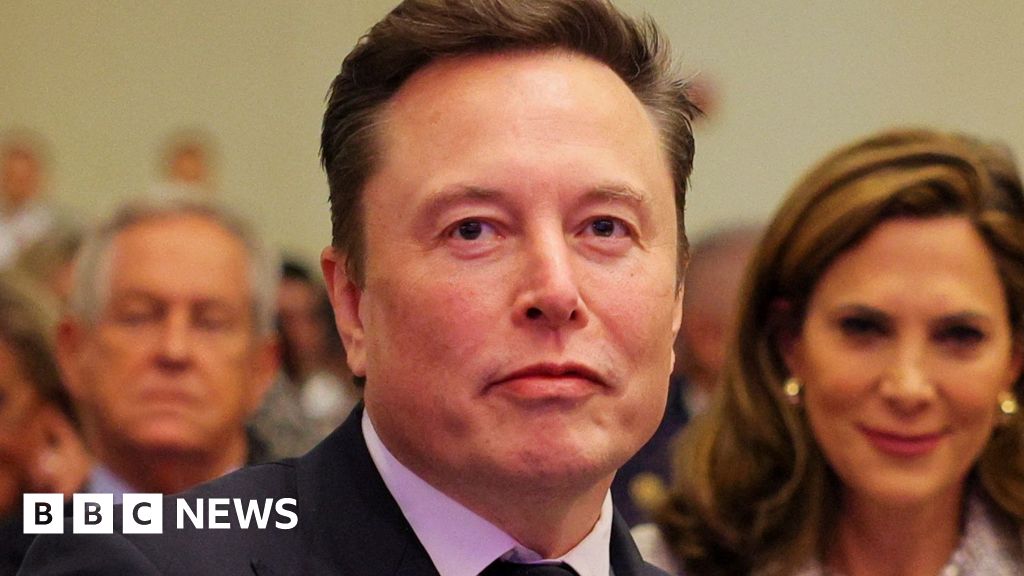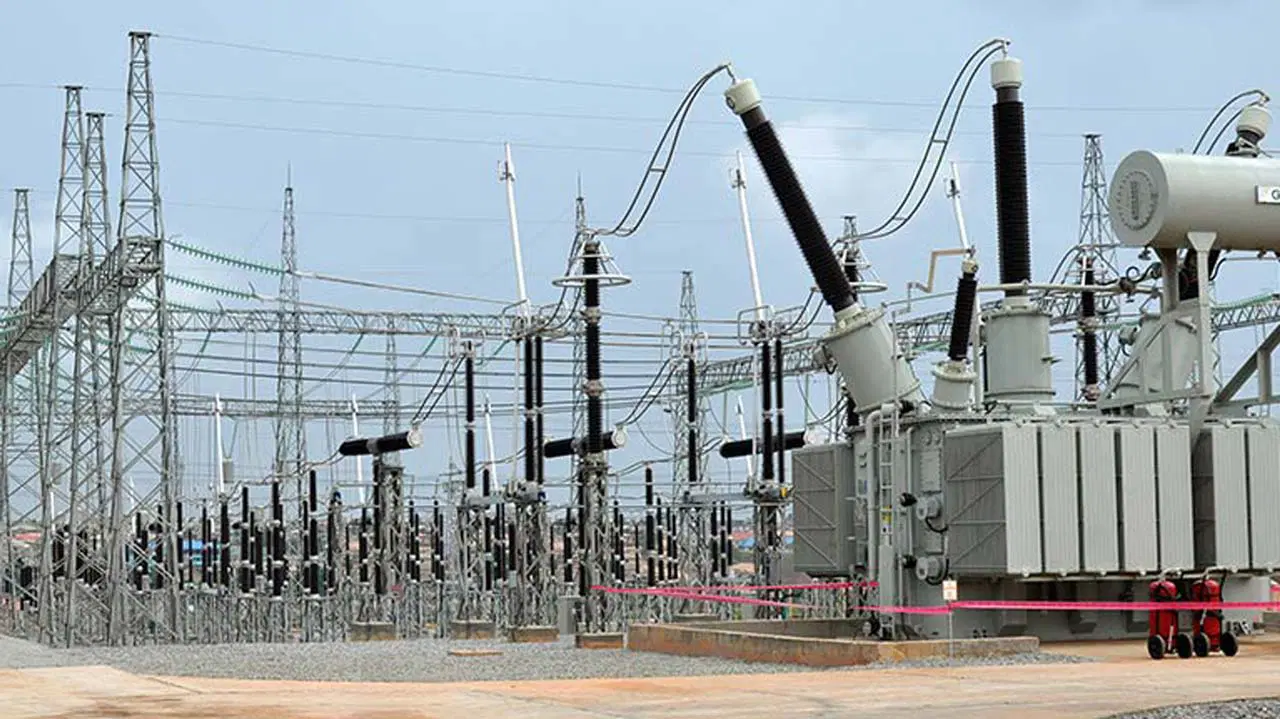Portugal’s new government has disclosed its intention to reinstate tax breaks for foreigners in a bid to attract highly skilled workers to the country while also addressing the housing crisis.
In an initiative targeted at stimulating economic growth, the Portuguese government has adopted a package of 60 measures, one of them being tax incentives, Schengen News reports.
According to the Portuguese Finance Minister, Joaquim Miranda Sarmento, the tax will exclude “dividends, capital gains, and pensions,” meaning that the tax break of 20 percent flat rate of income tax will apply to “salaries and professional income”.
“We need skilled workers and economic growth. We will have to balance that with more affordable houses.
“Obviously, if we have just one side of the policy, there will be more affordable houses but less economic growth. So we have to balance these two parts,” Sarmento said.
The Portuguese government introduced tax on foreigners with pensions after it received criticisms in the previous administration.
Initially, pensions were exempted from tax, but later, a ten percent flat rate was applied.
The Nordic countries were among the leading complainers about tax breaks, saying it was causing retirees with pensions to stop paying taxes in their home countries.
A tax partner at Lisbon law firm Abreu Advogados, Nuno Cunha Barnabé, told the Financial Times that the inclusion of retirees in the previous regime was odd.
“It was against demographics. It didn’t make sense,” he said.
“We already have an old population. Attracting pensioners puts more burden on our health system. We need to attract young people.”
Many companies in Portugal are likely to be happy about the new measure, as they hope to receive skilled workers for their business. They say there is a deficit in engineers, researchers, and managers.
Before this measure, beneficiaries had to become tax residents in Portugal, by spending six months (183 days) a year in Portugal or buying a property that costs a minimum of €500,000.
Miranda Sarmento also confirmed that the government would not reverse the “golden visas” termination, which impacted the housing crisis in the country.

 4 months ago
16
4 months ago
16















 English (US) ·
English (US) ·